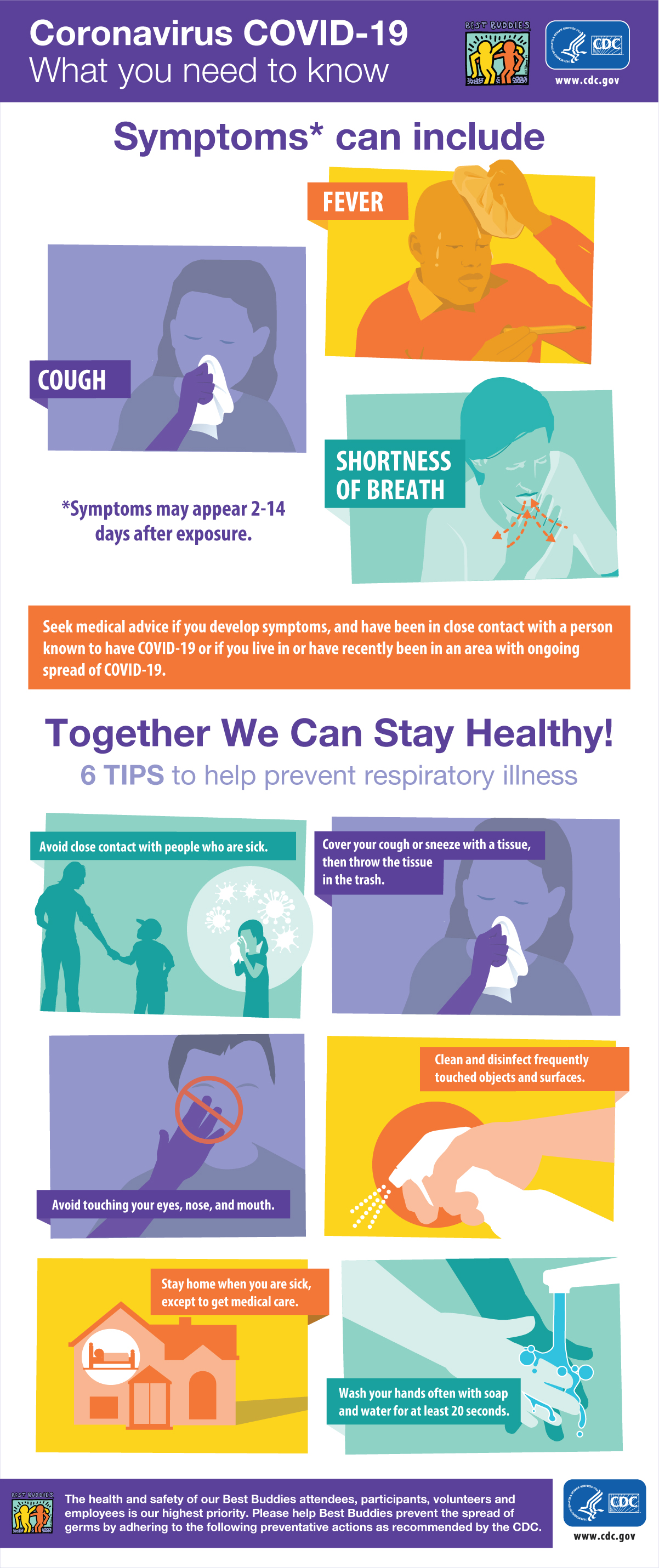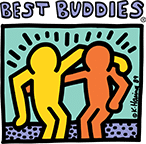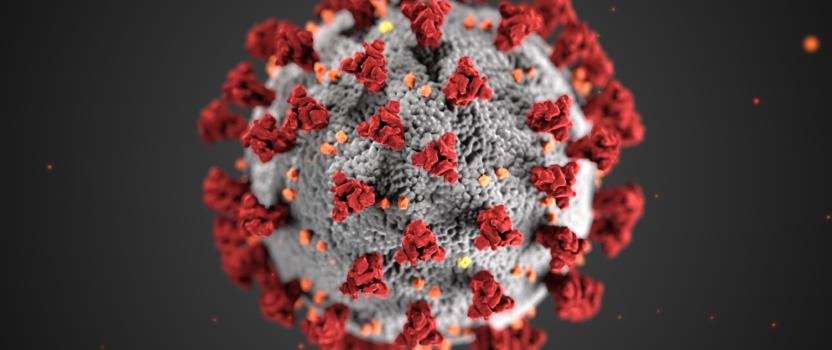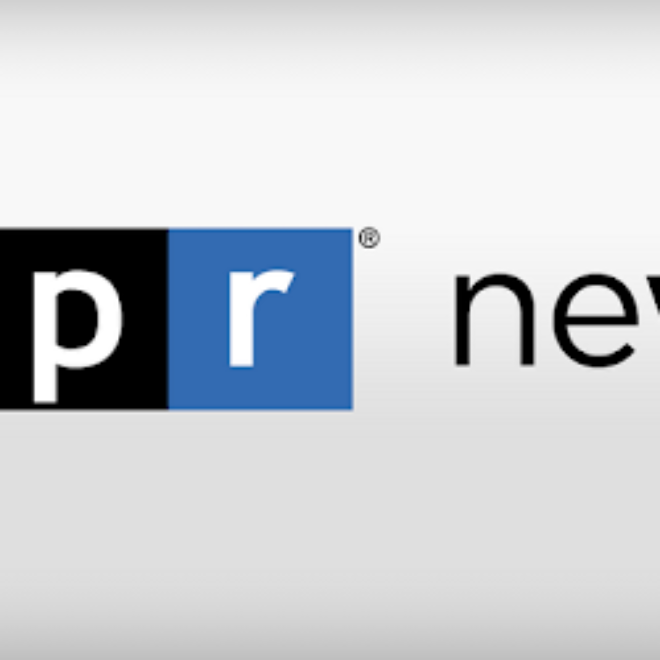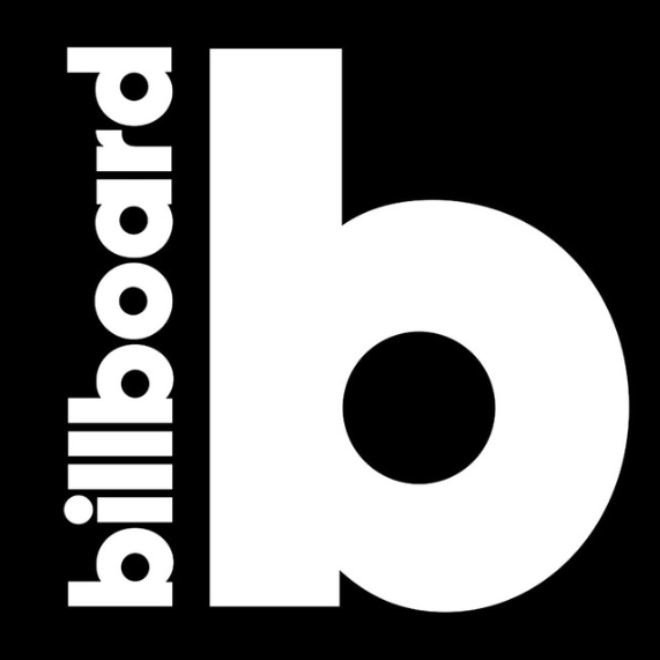Navigating through COVID-19

This web post was created to provide resources and information from national health officials and keep the Best Buddies community informed about the outbreak of the coronavirus disease (COVID-19) and its impact. Please visit the CDC for the latest updates on COVID-19.
Best Buddies International is committed to caring for the health and well-being of our participants, volunteers, employees and supporters and playing a role in supporting health officials. The organization is monitoring the unfolding circumstances and carefully considering the impact on our employees and participants globally. Read about the updates on recent developments and the actions being taken in preparation for COVID-19.
Protect yourself and your community from getting and spreading respiratory illnesses like coronavirus disease 2019. Everyone has a role to play in getting ready and staying healthy.
- The air by coughing and sneezing.
- Close personal contact
- Touching an object or surface with the virus on it, then touching your
mouth, nose, or eyes before washing your hands.
- Fever
- Cough
- Shortness of breath
Most people with COVID-19 will have a mild illness, but some people will get sicker and may need to be hospitalized. If you are 60 years or older, are pregnant, or are chronically ill (have lung, heart or kidney disease), contact your physician’s office so that they can monitor your health more closely or test you for COVID-19.
- Practice social distancing. Avoid close contact with people who are sick. This generally means staying six feet (or about two meters) away.
- Avoid touching your eyes, nose, and mouth with unwashed hands.
- Stay home when you are sick.
- Cover your cough or sneeze with a tissue, then throw the tissue in the trash.
- Clean and disinfect frequently touched objects and surfaces using a regular household cleaning spray or wipe.
- Wash your hands often with soap and water for at least 20 seconds. Use an alcohol-based hand sanitizer that contains at least 60% alcohol if soap and water are not available.
Watch the World Health Organization’s video here.
- Health authorities do not recommend that people who are healthy wear a face mask to protect themselves from respiratory diseases, including COVID-19.
- Face masks should be used by people who show symptoms of COVID-19 to help prevent the spread of the disease to others. The use of face masks is also crucial for health workers and people who are taking care of someone at home or in a health care facility.
- Stay home when you are sick.
- Cover your cough or sneeze with a tissue, then throw the tissue in the trash.
- Clean and disinfect frequently touched objects and surfaces.
- Coordinate with their local and state health departments to assess risk and postpone events accordingly.
- Communicate precautions to all participants and remind individuals in the Best Buddies community who are sick to stay home.
- Distribute and share prevention and education materials.
- Coordinate screening protocols to identify individuals who have COVID-19 symptoms.
- Cleaning frequently touched surfaces.
- Talk with the people who need to be included in your plan, and discuss what to do if a COVID-19 outbreak occurs in your community.
- Plan ways to care for those who might be at greater risk for serious complications, particularly older adults and those with severe chronic medical conditions like heart, lung or kidney disease.
- Get to know your neighbors and find out if your neighborhood has a website or social media page to stay connected.
- Create a list of local organizations that you and your household can contact in the event you need access to information, healthcare services, support, and resources.
- Create an emergency contact list of family, friends, neighbors, carpool drivers, health care providers, teachers, employers, the local public health department, and other community resources.
For additional information about how to prevent the spread of COVID-19 in your community, click here.
For more information, follow the guidance of your local and national public health departments, ministries of health, health offices, World Health Organization, and the CDC.
